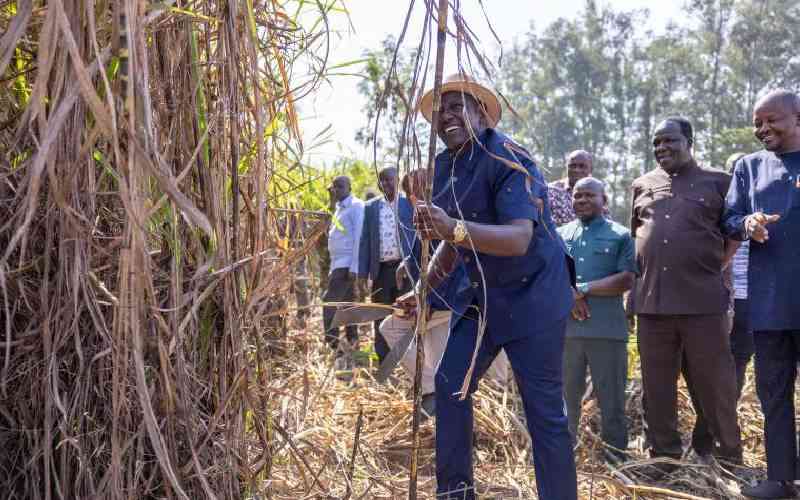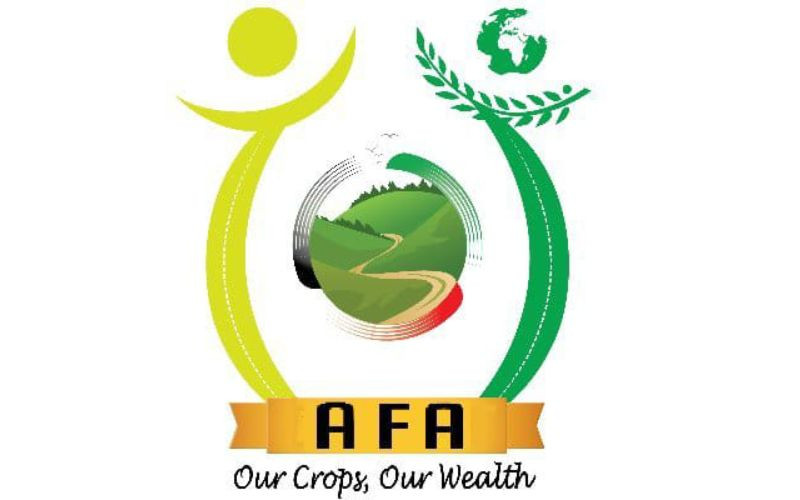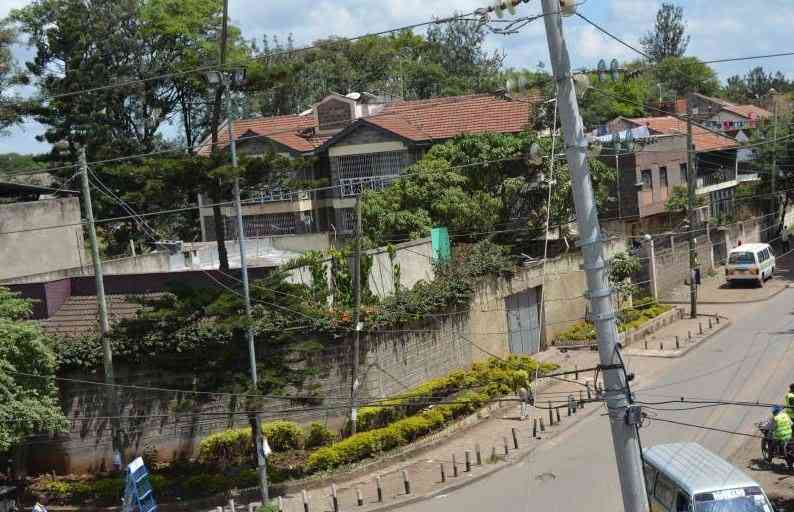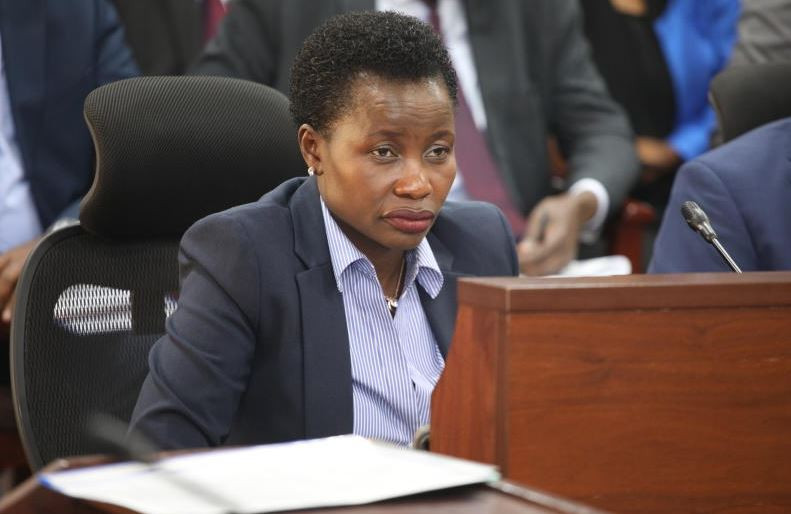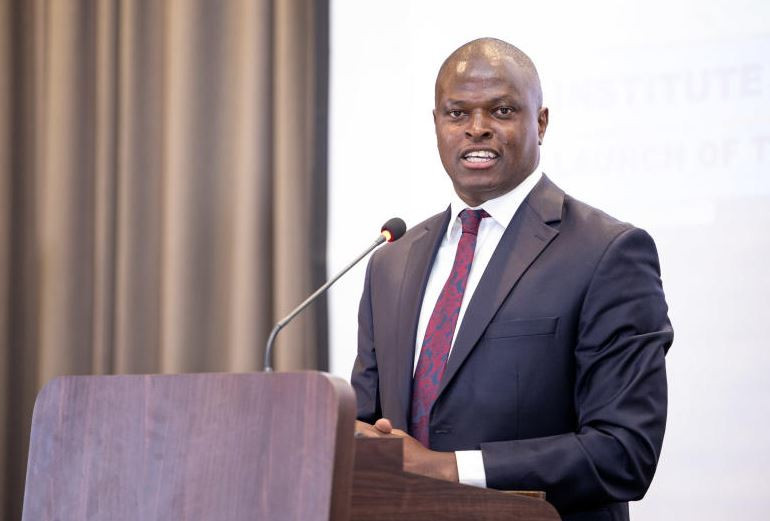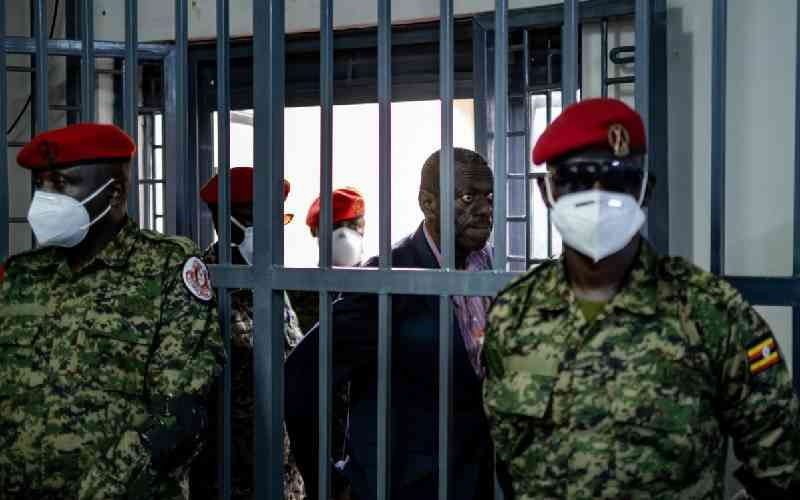
After the Foreign Affairs Secretary’s recent comments, I interrupted myself from calling Governor Anne Waiguru to request special protection as I travelled to Kirinyaga County this week.
The Kenyan government’s response to the kidnapping, cross-border transportation and arraignment of Dr Kizza Besigye remains unsatisfactory. What does this incident, the latest in a pattern of recent transnational repression, tell us about our national sovereignty under Kenya Kwanza?
To understand what happened, sadly, it is not to the Kenyan state we must turn, but to the media. Forum for Democratic Change leader and four-time presidential candidate Kizza Besigye arrived in Kenya on Saturday 16 November for a series of meetings.
The veteran opposition leader was seized by Ugandan state operatives, forcefully transported by road back to Kampala, arraigned in a military court despite his civilian status and charged with firearms and security offences that could attract the death penalty.
It took four days of international and domestic public pressure to solicit an official government response.
Foreign Principal Secretary Korir Sing’oei stated that the government was unaware of Besigye’s visit. He faulted him for not notifying them, noting if he had requested facilitation and protection they would have obliged. Besides an element of diplomatic victim-blaming, it is inexplicable how casual this response is.
No less than ten substantive statements have condemned the Ugandan government’s actions and questioned Kenya’s involvement or lack of protection, nationally and internationally. Among them is UN High Commissioner for Human Rights Volker Türk. He expressed shock, condemned Besigye’s trial in a military court and called for his release.
Tragically, the incident is not isolated. Four weeks ago, the Kenyan government assisted to refoul four Turkish refugees. Ten weeks ago, 36 of Besigye’s party members were abducted from a Kisumu workshop, transported across the border and charged with terrorism.
That a neighbouring state has been allowed to seize a prominent opposition figure, drive 664 kilometres and cross an immigration border point without the knowledge of our government is nothing but a profound failure of domestic national security and diplomatic foreign policy.
Now pushed from the headlines, it is easy to forget that the Foreign Affairs Ministry publicly unveiled its 20-page draft Foreign Policy and presented it to President William Ruto this week.
Territorial integrity is a key objective. National sovereignty is mentioned 14 times, an average of once every two pages. The policy explicitly presses for protection of Kenya from external actors that seek to undermine both the Kenyan state and freedoms and rights enjoyed by citizens.
Kenya’s current unwillingness and incapacity to uphold both national and international human rights laws and standards comes at a critical time. What is the impact of this failure for Kenya’s seat on the UN Human Rights Council, Raila Odinga’s candidature for AU Commission Chairperson, the call for a permanent seat for Africa on the UN Security Council and Kenya’s claim to be different from other governments in the region?
When Rwanda was implicated in the 2014 poisoning and murder of Patrick Karegeya in Johannesburg, South Africa issued warrants of arrest against those officers suspected in the serious crime. When China began to target political opponents in exile in the US and UK, those governments began legislative processes to criminalise foreign interference, surveillance technology and transnational repression on their soil.
Given the gravity of Uganda’s recent action, Kenya’s limp response leaves it vulnerable to the accusation that, at best, it looked the other way. At worst, it was complicit in the violation of Besigye’s rights. The matter needs further investigation by the National Assembly and Judiciary.
Stay informed. Subscribe to our newsletter
Is public safety a public good or are asylum seekers and our visitors required to make a specific request to be protected from abduction and refoulement?
Should the Foreign Ministry now include an e-visa question to our 2 million annual guests to ask them whether they wish to be protected from abduction by a foreign government while visiting Kenya? Pole Mzee Besigye, this was not done in our name.
